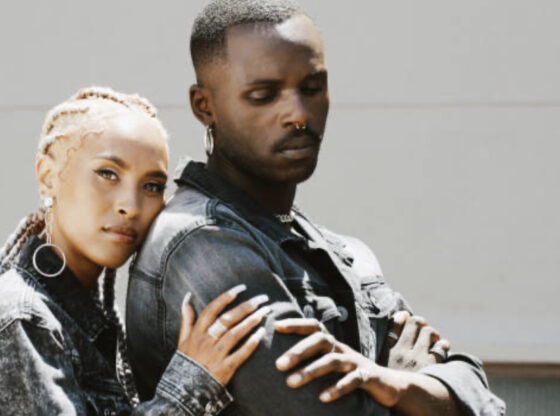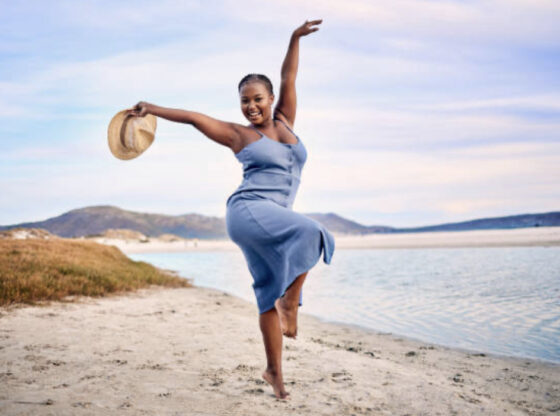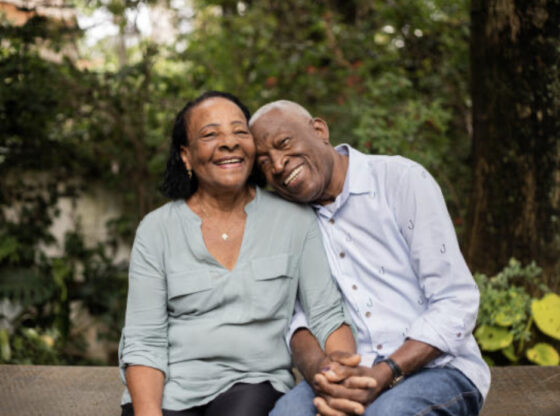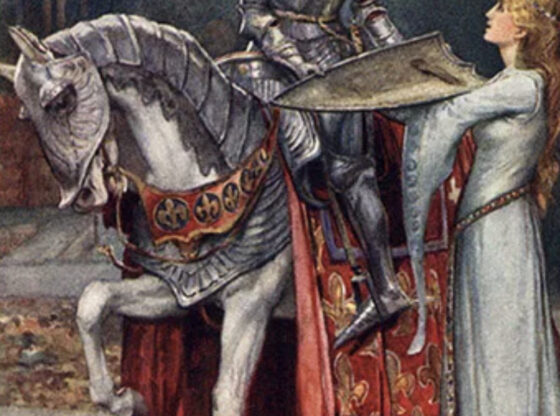When my eldest son was 13, I sat him down and talked about the birds and the bees, or at least my version. A year or two earlier, his father had already covered human anatomical parts and functions, but at 13, I thought another conversation was necessary. I explained to him that Black Love—becoming a Black husband to a Black woman, together creating and nurturing Black children, and by extension uplifting Black communities—was the most revolutionary thing he could do.
Unapologetically, I had been cautioning my son since before he had his first crush to “focus on girls that look like your mama.” Unrepentant, I did not utter the “I don’t care who you choose to love just as long as you are happy” gibberish. Conversely, I wasn’t hellbent on steering him away from white girls nor championing Black girls. Seriously, I was on a higher mission: fostering in my son an appreciation for Black Love and instilling in him that Black Love is and should be intentional. It is the prelude to producing and sustaining Black families, the bone and sinew of our communities.
When we consider our ancestors and their unimaginable existence, we do them and ourselves a disservice if we one-dimensionally attribute their survival to brute resilience–some herculean ability to move forward despite adversity. Resilience is layered, complex and surpasses an inherent mix of strength and will, completely predicated on our relationships and collaborations—first with self and then with others. Our people understood and embraced the fact that all they had was each other, and that single notion is what crowned Black women proportionately the least single of American women from the time our people were able to legally marry through Civil Rights. It is what ensured that Black children were the most likely to grow up in a two-parent household. It is how Black men exercised their leadership and claimed their personhood. Imagine that? Curating relationships with self and other Black folk to survive centuries of brutality, violence, trauma, and subjugation and then to create whole and thriving familial frameworks and communities…
Yes, imagine that. Black folk broke out of slavery and into short-lived sovereignty, the likes of Mound Bayou and Tulsa, sustained on Black love. Not just uniformly the romantic kind, although that is and always will be heady, worthwhile, intoxicating, and precious. I’m talking about Black Love that is mission-minded—that births families, manifests communities, builds nations—creates infrastructures, roles, and systems of living in congruence with each other where Black people are enough. Where we see in each other our own humanity and value. Where Black business, products, and services are enough. Where Black validation is enough.
The magnitude of what Black Love can render is the very reason it is so revolutionary. Black Love is transformative. Let me help you out: I remember walking in DC at night the eve before the Million Man March. It was paradise. Black Love had replaced oxygen, and we all were inhaling deeply. Black men were everywhere in the Chocolate City with a shared meaning and purpose of loving and being. And I, as a Black woman felt their intent, lavished in their offerings, was thankful. That evening was no fluke. It wasn’t rehearsed or staged. It was who we are when we are unfettered by the white gaze and are unencumbered by sophisticated dupes (feminism, false narratives absent of scholarship) to part Black men and Black women.
My son is now 32. And while he is aware of the widening chasm between Black men and Black
Black Love is indeed Revolutionary.






